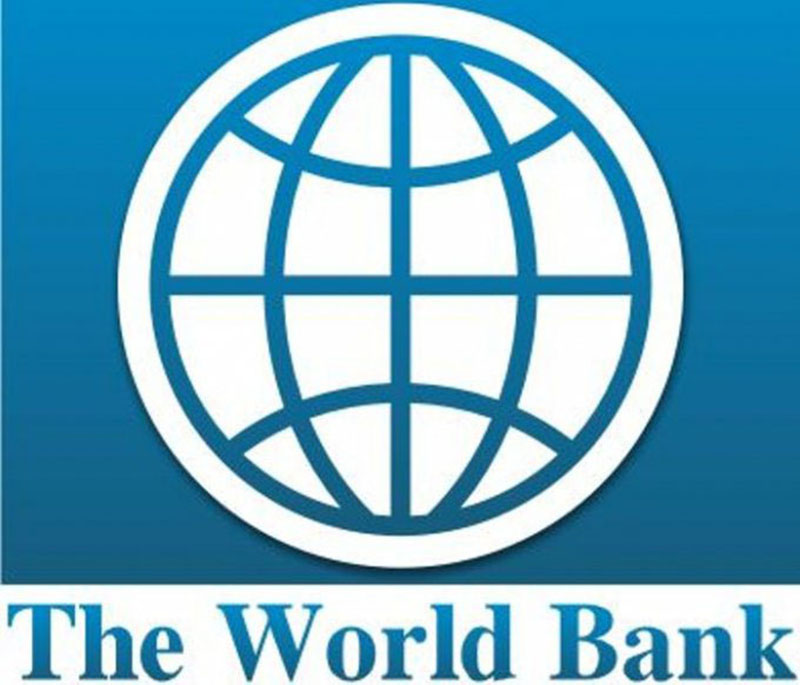The recently released World Bank report titled ‘Taxing Wealth for Equity and Growth’ has made a number of pointed observations regarding the state of the economies of countries in the Caribbean which direct attention to the strides that it has made in managing inflation and stabilizing its macroeconomic environment. At the same time the report points to the need for governments in the region to reconsider how their tax regimes can “best generate revenue while stimulating growth and advancing equity.”
Chief Economist for the Latin America and the Caribbean region at the World Bank William F. Maloney is calling for a reduction in “the tax burden on the productive sectors” in Latin America and the Caribbean asserting that “this is a good time for the region to reconsider how its tax systems can best generate revenue while stimulating growth and advancing equity.” Contextually, the Bank is calling for countries in the region to pursue a reduction in “the tax burden on the productive sectors.” The report examines different options that countries might pursue, taking what it describes as a “deeper dive on wealth taxes to generate fiscal space, equalize incomes, and stimulate growth.”
The World Bank pronouncement asserts that the countries of Latin America and the Caribbean have some of the highest statutory corporate taxes globally, averaging 24.7 percent, a level which it says is higher than the OECD average of 23.9 percent and Asia’s 19 percent. On the other hand the report asserts that countries in Latin America and the Caribbean collects only 2.7 percent of its revenues from wealth taxes compared with 12.8 percent in North America and 4.3 percent in Western and Central Europe.
In the matter of wealth tax collection the World Bank report charges that among the different types of wealth from which taxes can be derived Latin America and the Caribbean continues to overlook property taxes as a ‘possible avenue’ on which it can focus though the Bank says that insofar as property taxes are concerned Latin American and Caribbean countries appear to have a property tax paradox. The report from the World Bank states that “while 80 percent of wealth in the region is held in real estate, even among the top 10 percent of earners, yet countries typically collect only 2 percent of their tax revenue from property taxes.” The report compares this figure with property tax collection levels in North America where it asserts that about 47 percent of wealth is held in real estate, and helps to collect about 12.8 percent of tax revenues, the disclosure from the World Bank states.
The statement calls for the “modernizing of property valuation systems and collection efforts to benefit from this potential… revisiting property taxes also has an important equity component. They can empower subnational governments entrusted with their collection, incentivize more productive and environmentally friendly land use, and shift the fiscal burden away from the business environment.” However, the report warns that reforms must be carefully designed to ensure progressivity and avoid burdening low-income property owners, the World Bank says.
While the report quotes the Bank’s Vice President for Latin America and the Caribbean Carlos Felipe Jaramillo as declaring that the Bank’s achievements in the region provide a crucial moment to leverage the aforementioned achievements in order to attract the investments necessary for sustainable development, The World Bank, meanwhile, is also calling on governments in the region to use what it describes as a “crucial moment” to “foster innovation, build human capital to create more and better jobs” and rescue the region from what the World Bank official describes as the “persistence of low-cycle growth.”
These initiatives are being recommended, the Bank says, in order to “attract the investments necessary for sustainable development, foster innovation, build human capital, create more and better jobs, and empower the region to break free from this low-growth cycle.”








